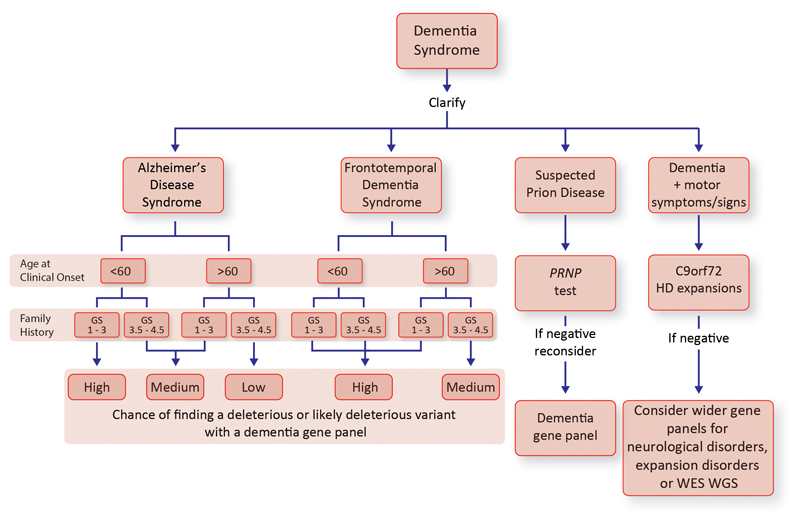Figure 6. Suggested decision making about use of dementia gene panel testing.
We found gene panel diagnostics was most useful in AD and FTD syndromes where it was hard to predict the implicated single gene. Yield of clinically-relevant mutations was high (>10%), medium (5-10%) or low (<5%) in groups stratified by age and family history. The decision to refer for gene panel diagnostics is not solely driven by the chance of a clinically-relevant result, and many clinicians would consider even a low yield (<5%) justifies use of a gene panel in many clinical scenarios. A decision should take into consideration the wishes of the patient and at-risk individuals. FTD subtype (behavioural variant, progressive non-fluent aphasia, semantic dementia, etc.) may also influence the approach to testing but this requires further study. Suspected prion disease patients are best referred for PRNP testing in the first instance, and if this is negative, reconsider as per AD syndrome. Dementia-motor syndromes had a generally low yield on dementia panel testing (<5% all subgroups), recommendations have been made for the stepwise investigation of HD-like syndromes which are often caused by expansion disorders not well ascertained by gene panel diagnostics(5).

